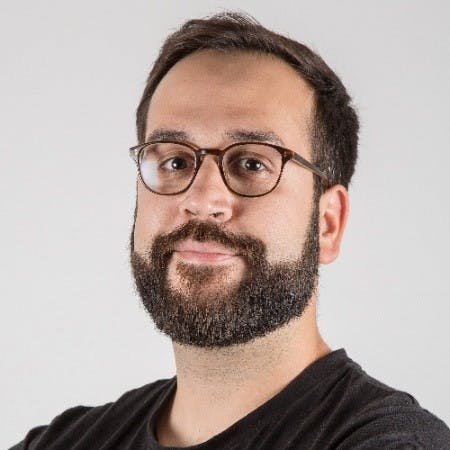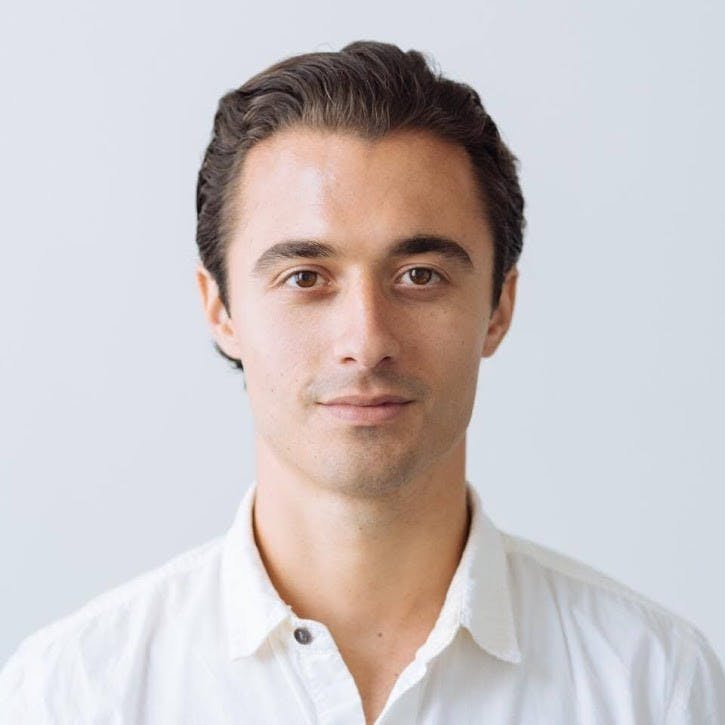Season 2 - Episode 1
Day in the Life of a Google Product Manager
Yariv Adan, Product Lead at Google on the Google Assistant team, talks us through his journey into Product Management, what the Product culture is like at Google, and how to survive your first 30 days as a PM.

Question [00:01:11] What inspired you to pursue a career in product? Was there someone in tech that you knew growing up a mentor when you were younger who got you interested in the idea of product management?
Yariv [1:26] My affair with product management was a slow and gradual one and actually it wasn’t much of a thing when I grew up. And PCs did not exist at homes or classes before I reached the fourth or fifth grade. The whole consumer software thing beyond video games did not really exist until much, much later.
It was only when I was in university studying computer sciences that the startup scene and the web scene started emerging, and people started talking about product, killer apps, and design. So this was like the first time I even heard about that.
My first introduction to the space was more implicit and self taught. I spent my first two years of undergraduate as a one man software shop. I built this kind of nano ERP software for some places and I had to get myself to the people that actually used it. I kind of learned what you write and what people want is actually two different things. And there was someone at the end that struggles and cannot see into to your head. And then on the third year I had my own failed startup attempt. Where for the first time, you know, really thinking about product in a more structured way. And then for almost 10 years I was mostly an engineering manager in various startups and companies in Israel.
And during that period actually started very hardcore low-level terminal engineering and gradually moved more and more to the user facing side of apps. And then I kind of learned that, although I love programming, I more enjoy the real world challenge of solving problems as opposed to the laboratory challenge of writing code that works. And only in 2007 when I switched to Google, I actually decided to apply for product management. We dated for a very long time, or maybe you could say we were BFFs and then we dated.
Question [00:05:03] Do you think there’s a way to transition from a background that isn’t in computer science specifically into the product and tech world?
Yariv [05:13] Yes, for sure. Like, like, you know, I’ve seen, you know, great PMs that came from education, UX, design, salespeople, and of course there are strengths in different areas to shine, right? So you need to be able to understand users, you need to understand product and design. You need to understand technology to some limited extent. Like I said to you, the advantage, but you can learn, so I don’t think it’s a must. You can actually learn after the fact in that that area of technology. Of course you will never be as deep as someone that is in computer science, but I don’t think you need that. Saying that and generally thinking about how you can learn to be a product manager, I think product managers are very practical profession to the extent that it’s almost like farming.
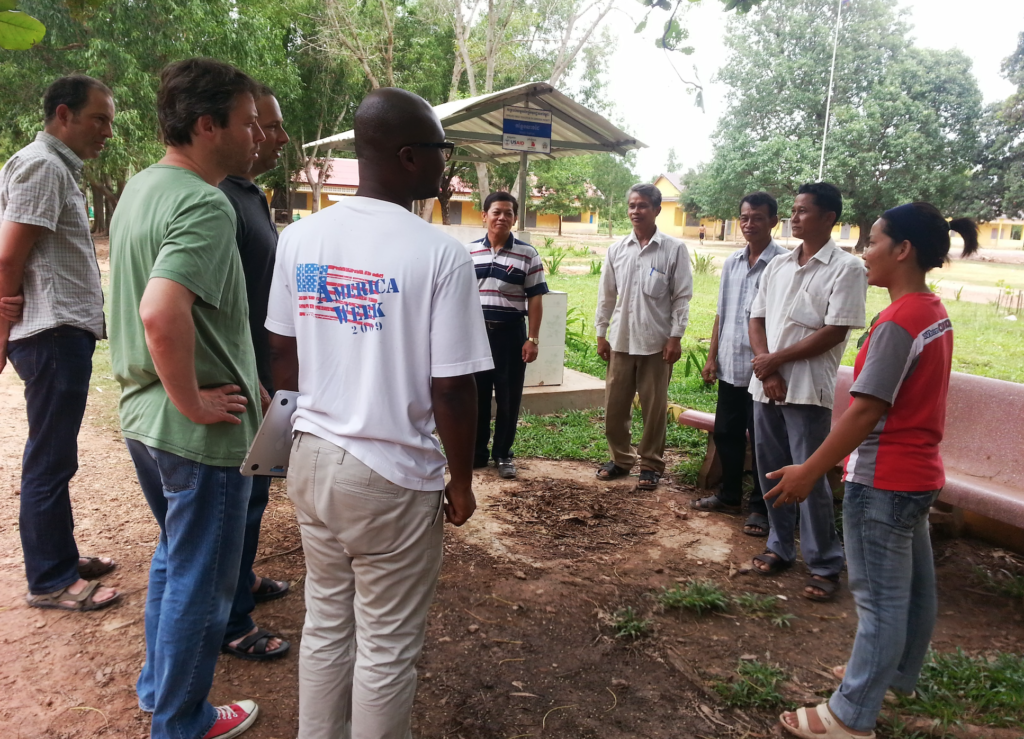
There are a lot of parallels. There’s this exciting day in the, when you plant the seeds, write your optimistic product requirement document after an awesome brainstorming session and then there’s the exhilarating date that you harvest, right? That sweet, sweet launch. You write the blog post and everything. But all of that time in between, it’s like dealing with the logistics of making a living from last season’s work, which is basically supporting the current product and users preparing and allocating resources for the next season. But mostly it’s like dealing with the unexpected fire that reality throws at you. So you know that there is theory that is important, but at the end is like actually people on the field getting stuff done and handling all of the unexpected that comes towards you. It’s that resilience that is core in my opinion.
Question [00:07:32] What was it like to get into a Senior role? Where there challenges with that?
Yariv [07:40] So I actually started at one level below Senior PM, which is kind of the top level that is still an individual contributor. So I spent two years in the trenches and I’m extremely grateful for that period. Especially at Google, which has a highly decentralized bottom up autonomous culture. There is no way of doing things. You need actually to learn how that thing happens and knowing how to get things done is a learned craft and having that network of people and launch credibility is critical.
I think that coming as a senior or as a manager to Google is exceptionally hard because you think that if you say something things will happen. No, it’s a very bottom up. Most people at Google learn the hard way how to farm the land.
[08:46] What’s the product culture like at Google? What’s it like to be a Google Product Manager?
Yariv [09:11] It’s very user focused. So if we interview you and we asked you ‘how would you design a product?’ and you start with the money or something like that, that’s not the best start. Really, really, really obsessed about the user, what is the user need, how do you solve it, how do you make it useful, what is the value for the user?
Another one is, you know, think crazily big, right? If you look at the project that I worked on was, back in 2008, the question I addressed was ‘what does privacy mean from product and engineering.’ Not from European lawmakers and others. That was the conversation, but what do they call them? Then it was how do I get emerging markets users on the internet? Then it was kind of, you know, how do you build an assistant?
They were big hairy questions, but start small and iterate quickly. So all this notion of fish food, so you yourself using the product quickly, going into team food, friends and family and then dog food, right? The hostile company and putting your MVP out there and moving quickly and launching stuff.
How do you start from a crazy big idea and vision to learn something, get users’ feedback into the loop. This is the whole point of that and iterate quickly. And the third thing, it’s like very analytical and data-driven in decision making. So product managers at Google look a lot at data. At logs, at launch experiments, even UI related stuff.
So data is the currency of decision making, and it’s much better than the loudest voice or the highest job level. Measurable impact. So basically it’s not how beautiful the product is or how great you did your work. At the end, what’s measured is impact. What is the needle that you moved? What is the measure of the thing that you did.
It’s like this strategic long term sustainable thinking. Like yes, we can do a bunch of stuff to click bait or to make advertisements that will get us to the next milestone, this or the other. But we are here for the next few years. How do we build a sustainable product? So when I worked in YouTube ads, that was critical. You have users, you have advertisers, you have content owners. Users want to see videos for free without any advertising. The advertisers want to advertise for the cheapest price on the best video. And the content owners want as many viewers as they can, but also as much money as they can. So how do you balance that in a sustainable way?
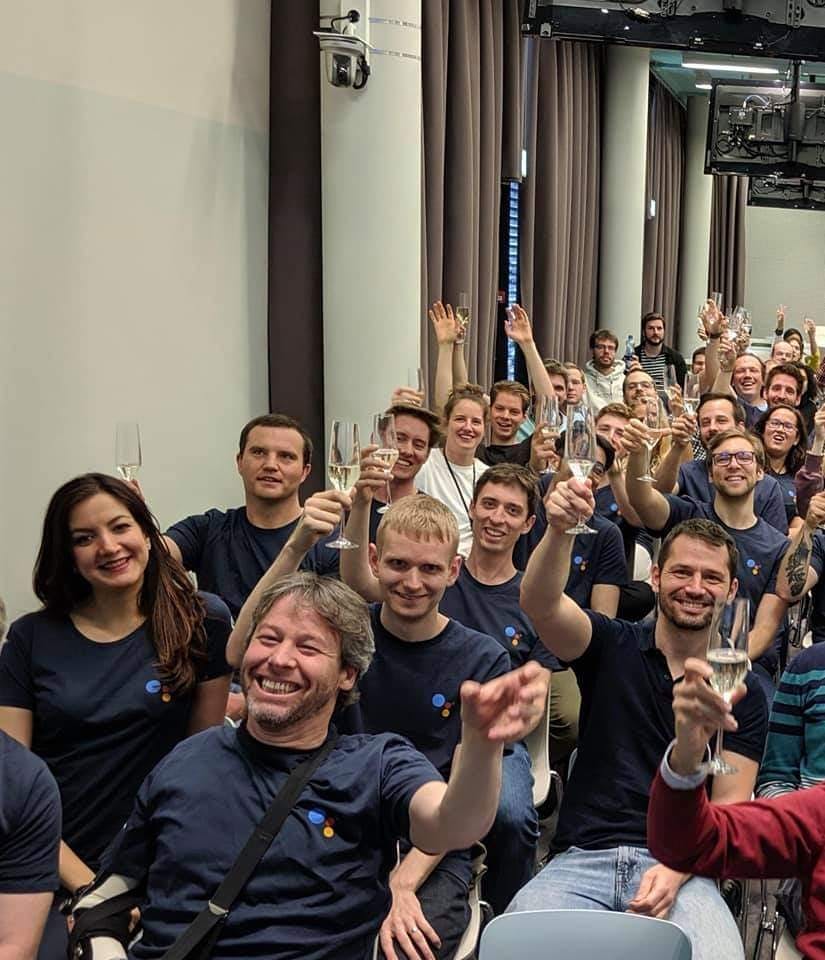
I think we’re spoiled in terms that we are working with the best in class in everything. You know, the best engineers…even our lawyers are there to say, ‘how can we do something?’ and still tell us not to do something. And I think that’s one of the things that makes Google great. You’re really working with top professionals. We work with a target on our back, which actually makes you a better product manager.
There is no such thing as an edge case, at our scale. Everything happens, especially privacy and security. There is no such thing as launching under the radar. Police find out your launch before you do it.
My two good paradoxes are 1. If you think it’s simple, you most probably don’t understand it. Like, if you just take the scale, everything becomes very complicated because all the algorithms that are known don’t work at scale. Simple. Like it needs to work within 10 milliseconds for 10 billion queries a second. So you need to do it in a different way.
And my favorite one of course is if it’s not impossible, it’s not worth doing. Every single thing that was difficult was already done 10 years ago. So like, you know, if you do something and you have only a vision on how it brings $5 billion, nobody’s interested, how do you get to 50?
So I think this is kind of the culture, really think big but be very practical.
Question [00:17:20] So when you’re building your product team, what do you look for in candidates? What are the skills that they must have?
Yariv [17:32] Smart people. I want people that I can give them a very kind of vague problem and see if they’d be comfortable with it. I want people that I want to spend time with, because I am going to spend time with these people. So people that are interesting and that are nice. I have a very strong no jerks policy.
Then because I’m hiring farmers, I want people that know how to get things done and have proven that they have initiative and ability to get things done. Even a college kid that organized some big event or a newspaper.
“I will speak with users, I will collect the requirements, I will prioritize, I will go over it. We’ll communicate with engineering”… it’s easier said than done, right? Like I can explain you how to sail a ship in the ocean on their stormy December night. It’s very different than actually sailing. I look at people with actually a proven record of doing something that is exceptional for their age. I look for people that are passionate with a can do attitude and it comes in many flavors. It doesn’t need to be a loud extrovert, especially in engineers. I’ve seen many shy introverts who are extremely creative and passionate and stop at nothing in solving problems. But I want to do to see that the person doesn’t take no for an answer. And I have a very strong preference for independent, self-driven people that don’t need handholding or pushing. So I know how to control a crazy horse. I don’t enjoy pushing a heavy wagon.
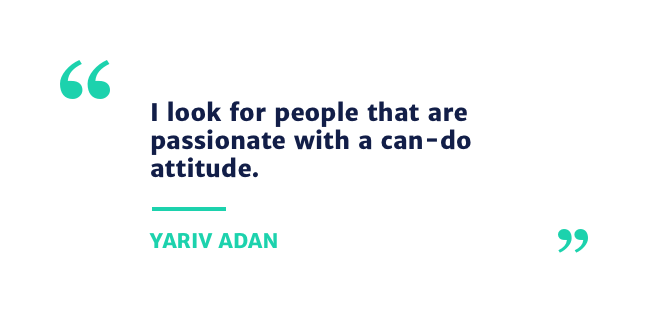
Question [00:25:29] When you started your role as a product manager at Google, what were your first 30 days like? What would you suggest for someone’s first 3 days?
Yariv [25:48] My first 30 days actually were horrible. I joined at Google in 2007 and I thought “I’m going to be the product manager of Google!” You know, Search, Maps, and I think YouTube was just acquired, and so forth. And then I came and they put me on tape backups. I was shocked. So my early days were spent trying to get out of the role that they put me in.
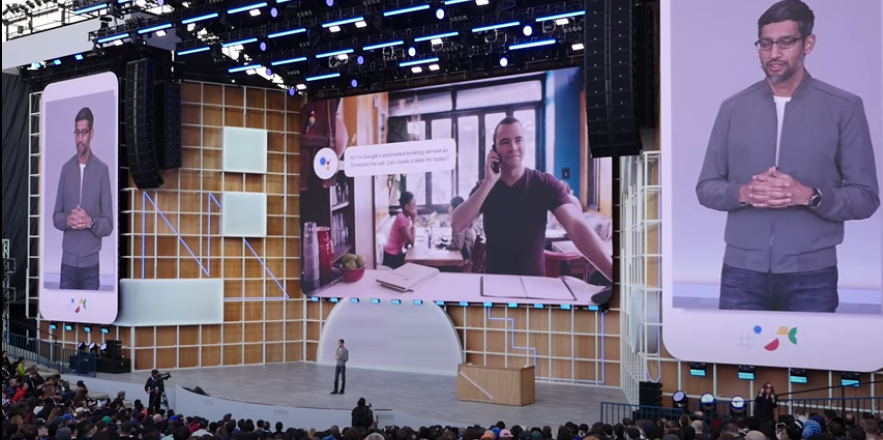
But ever since I make sure that like the first early days of people on my team are slightly better. So there are two very critical things that I tell people. One, you come with an asset that is soon going to go away and that’s impossible to recreate, and that is fresh eyes. You need to really write down all the things that make no sense, or that are completely stupid or that you don’t understand, before you drink the Kool-Aid.

Then you become blinded to it like the rest of us and you, if you are not comfortable, save them until you feel more calm.
The other thing that I tell people is like, take your time to learn and ask questions. There is no stupid question in the first 30 days. After a few months, some questions are stupid and worrying. Don’t worry about delivering value or being proactive. We know you will be proactive. We did not hire you to be proactive in the first quarter.
Take your time. Really learn deeply. I’m different cause you would never have the time. Like usually what you learn in your first 30, 60, 90 days is 90% of what you’ll learn in your entire 13 years. So really take the time where we’re telling you, “Hey, learn, understand, it’s fine. You’re here for the longterm.”
Thank you, Yariv, for talking with us today!
We’ll be back next week with Nina Foroutan from Forbes with even more of the latest insights from the Product Management world.
Listen to our episodes on your favorite platform
Stay tuned for new episodes
By sharing your email, you agree to our Privacy Policy and Terms of Service

